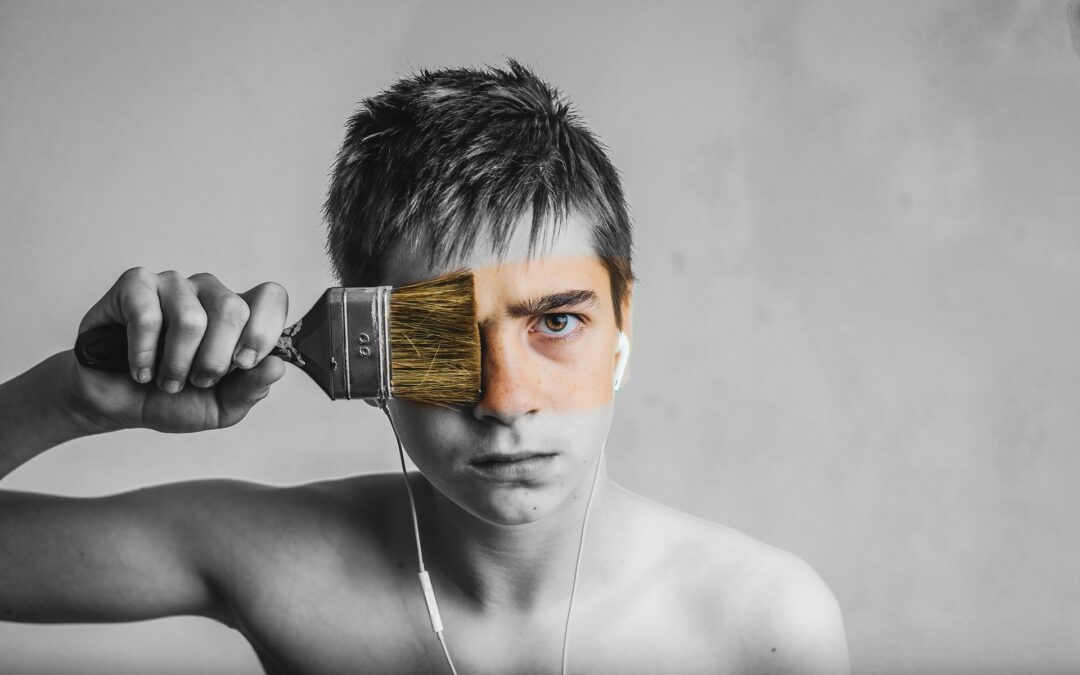Anger is a fairly common emotion amongst people with a range of psychological problems, through childhood abuse, relationship breakdown, bullying, and so forth. It is a natural reaction. Feeling angry in itself is not a cause of the problem, it is a symptom. Of course, anger can then proceed to create other more direct problems such as road rage and accidents.
Emotions that often lead to feeling angry can include feeling neglected, hurt, exploited, victimised, to name a few. So if you are feeling angry, and anger developed so far that it has come to characterise your personality, you need to work on what’s driving it.
Testing Your ‘Feeling Angry’ Cause
A key question to ask yourself would be: “What would I need to believe about myself as a person, in order to not get so angry? You might think… “If I didn’t have to put up with…” or, “If I just walked away instead of losing my cool”. You may come up with all sorts of answers at first that sound relevant but on closer inspection, these answers are actions. They are not personal statements. When we ask, “What would I need to believe about myself as a person, to not get so angry”, we are asking about what makes us tick, not what others are doing or not doing; and not what we should and should not do.
An appropriate answer might be, “If I believed that I am in control”, or “If I believed that I was calm”. There are many ‘I am’ statements that could answer this question, depending on how you feel it to be true for you.
Sometimes semantics, or the study of the meaning of words, can influence your answer. You might relate to the term ‘calm’ as relevant to your needs, whereas someone else might be needing the same remedy, but call that need ‘ease’. It is what you relate to that matters, nit what the therapist might suggest.
Rick’s Anger
Rick was an emotionally charged young man, with good intentions. He was tired of feeling angry. He had dragged himself into my clinic to make changes, despite the fact that it was not something he would normally do. He really wanted to become a better person. He had also been drinking as a form of self-soothing, and this drinking had escalated to becoming problematic.
Through our sessions, Rick began to gain control over the anger impulse. We approached this from various positions. Firstly we regressed the feeling to find out where it started, and it stared in his childhood with a neglectful and hostile father figure. The little boy inside Rick was still hurting and feeling as though he had missed out, while everyone around him seemed to have a sense of family. Being made to feel worthless was at the core of this neglect.
We went on to help Rick release the anger from the past, as well as the anger that arose from day to day. We went through a pattern breaking technique to unwire Rick’s brain towards an anger response. We found alternative behaviours that would help Rick feel valuable, so that he no longer felt neglected on the inside. His subconscious was now getting the picture that it did not need to do anger. Rick’s drinking dropped considerably to an acceptable level.
Making It Through To The End
On that last session, Rick told me that someone had targeted him into a fight. Rick was sober, not feeling angry, just having a nice time. His aggressor was drunk. Rick was put into a position where he would get hammered if he did not fight back. Rick put the guy in hospital. His friends heard about the incident and assumed that Rick was drunk and causing trouble. He felt completely unsupported and wrongly blamed. He was made to feel that he had failed, again. But Rick was able to see that this set back was not his fault; and that his decision to pursue a life where he is in control, was still on the cards. He got back up and kept going, having already made such amazing progress in such a short time. I spent that last session on inner child work.
Sometimes life comes along to test our new beliefs, and it is crucial at this point that we become even clearer about our goals and the transformations we want to make. Changing our behaviour is an adjustment process. Be kind to yourself. If you need assistance with changing your behavioural responses to anger, fears, relationship patterns or anything else, we can help. Horizons Clinical Hypnotherapy Sunshine Coast.

